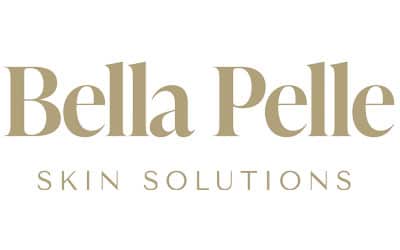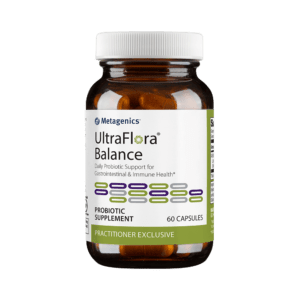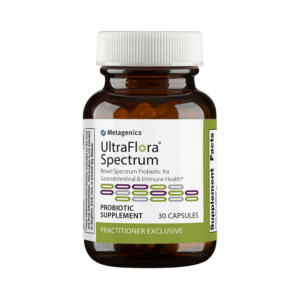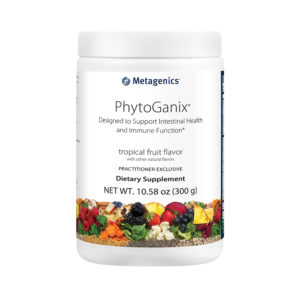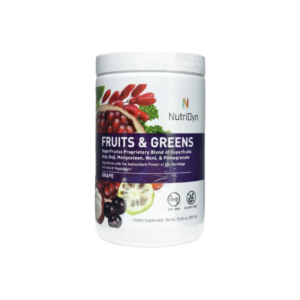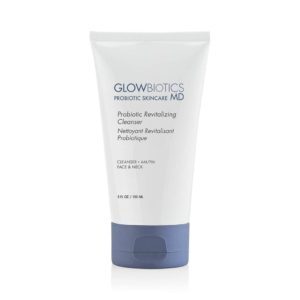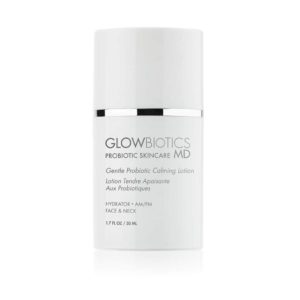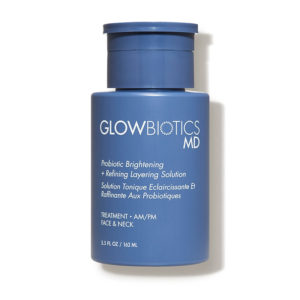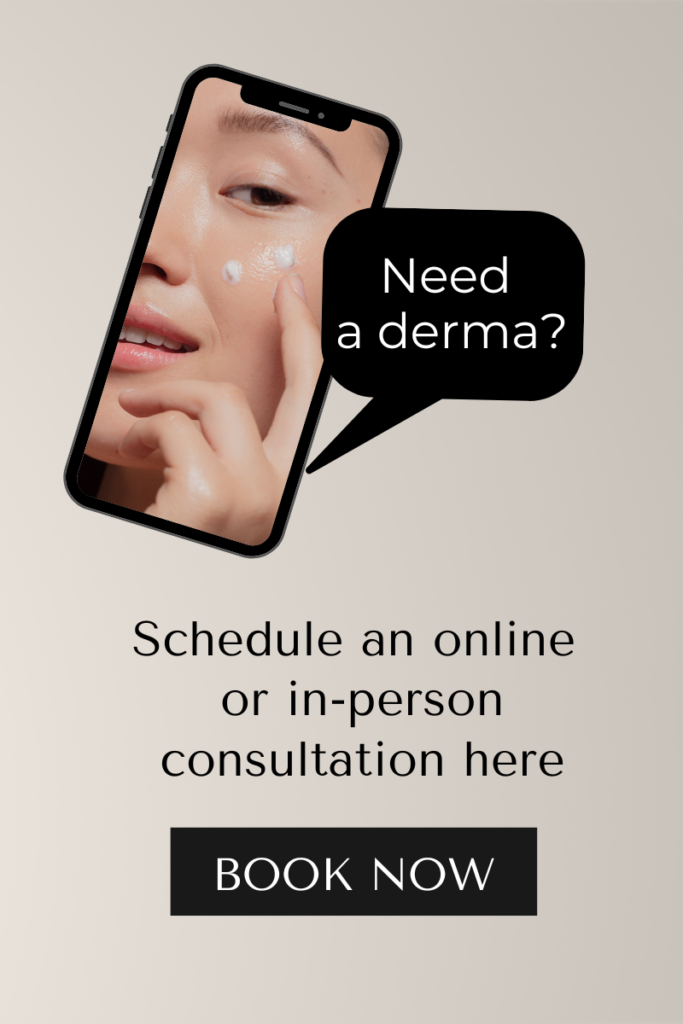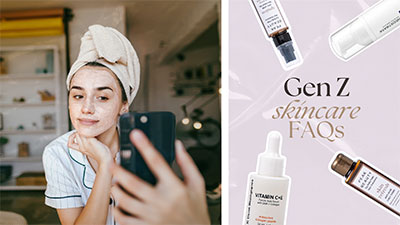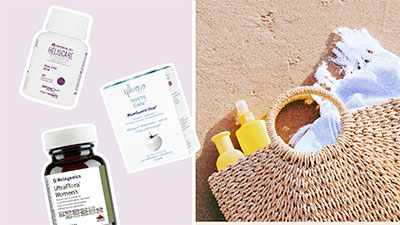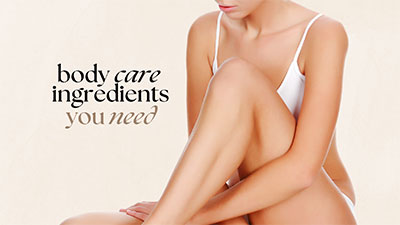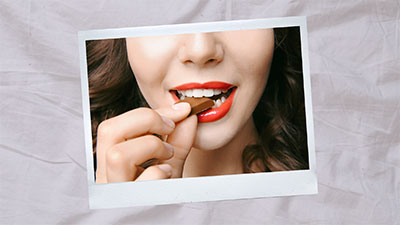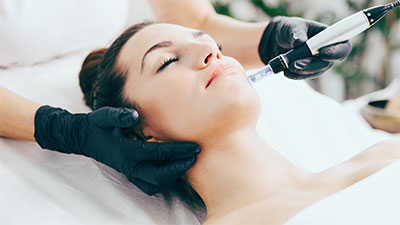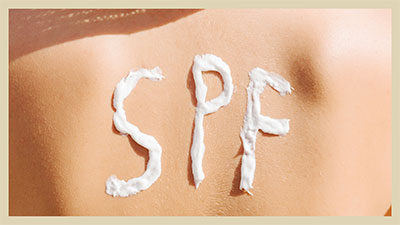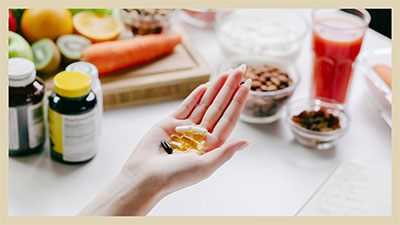What Do Probiotics Have to Do With Your Skin?
Microbe-friendly skincare is a thing—here’s what you need to know.
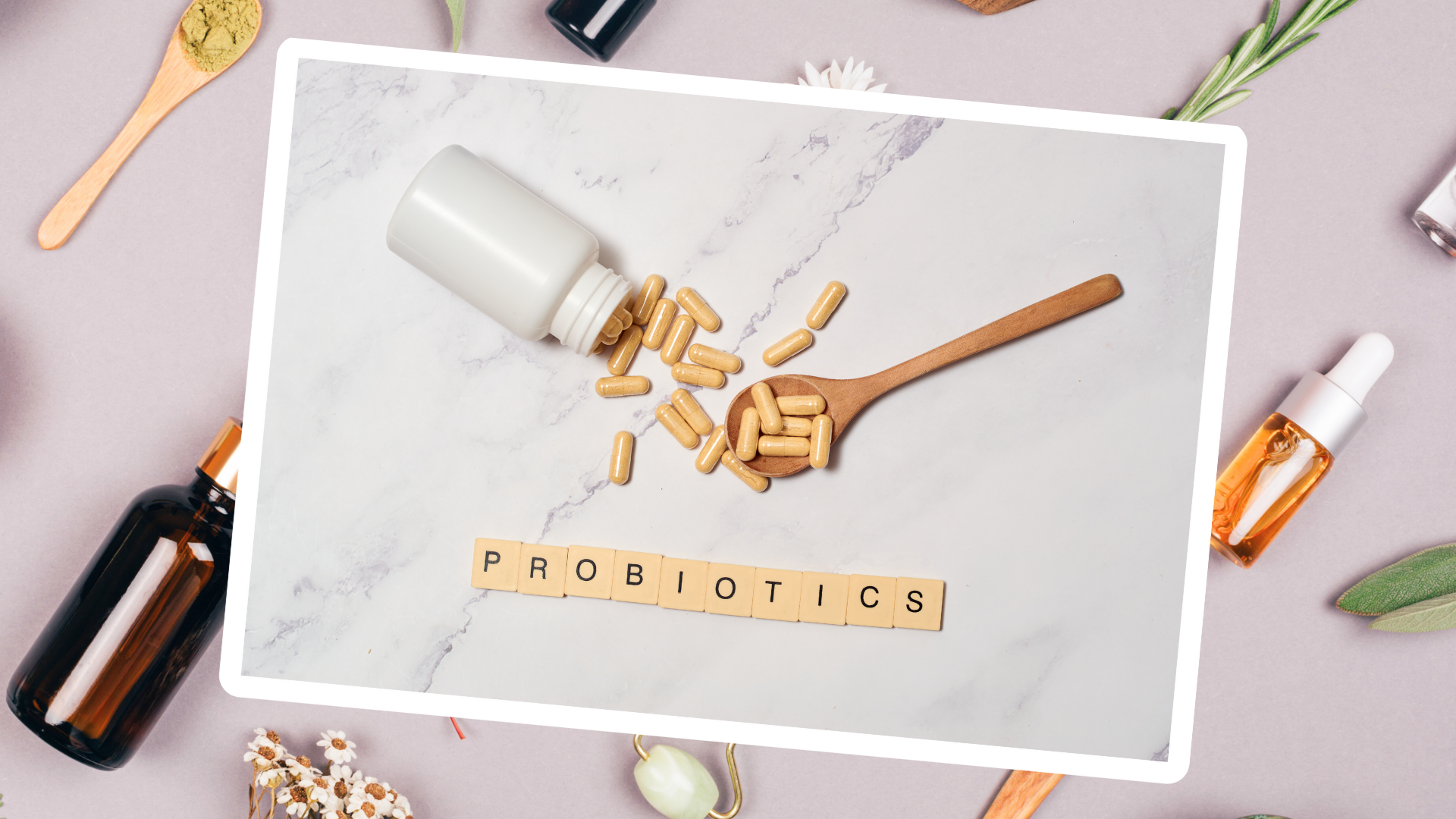
It’s 2024 and many beauty enthusiasts are turning their attention to an unexpected source: probiotics. Often celebrated for their benefits to gut health, probiotics are now gaining recognition for their significant impact on skin health.
But in order to understand the connection between probiotics and your skin, you first have to dive into the gut microbiome, a.k.a. a complex community of microorganisms living in your digestive tract. In recent years, science has found that your microbiome plays a critical role in your well-being—and also holds serious beauty power. (Also read: Here’s How a Healthy Gut Affects Your Overall Health)
The Gut-Skin Axis: A Hidden Connection
Quick science lesson: The gut microbiome consists of trillions of bacteria, fungi, and viruses, all working harmoniously to maintain health. A balanced microbiome aids in digestion, supports the immune system, and even influences mood. But its influence doesn’t stop there. The gut and skin share a close relationship, often referred to as the gut-skin axis. An imbalance in gut flora, known as dysbiosis, can trigger inflammatory responses that manifest on the skin as acne, eczema, rosacea, and other conditions.
As highlighted in the Netflix documentary Hack Your Health, “A healthy gut leads to a healthy body. This includes your skin, which is often a reflection of what’s happening inside your body.” This insight underscores the intrinsic link between internal health and external beauty, emphasizing the importance of gut health for achieving clear, glowing skin.
How Probiotics Promote Skin Health
Probiotics, the beneficial bacteria found in fermented foods and supplements, help maintain a balanced gut microbiome—along with a healthy diet, of course. By introducing these friendly bacteria into your system, you can mitigate the effects of dysbiosis and, consequently, improve your skin. Here are several ways probiotics can benefit your skin:
● Reducing inflammation: Chronic inflammation is a common culprit behind many skin issues. Probiotics help reduce systemic inflammation by strengthening the gut barrier and preventing harmful bacteria from leaking into the bloodstream, a phenomenon known as leaky gut syndrome. When inflammation is controlled, skin conditions like acne and eczema often improve.
● Enhancing skin barrier function: The skin’s barrier is crucial for keeping moisture in and harmful elements out. Probiotics can boost the skin’s natural defenses, enhancing its barrier function. A study published in the Journal of Dermatological Science found that certain strains of probiotics can improve skin hydration and reduce trans-epidermal water loss, leading to softer, more resilient skin.
● Balancing the skin microbiome: Just like the gut, the skin has its own microbiome, a collection of microorganisms that protect against pathogens and environmental damage. Probiotics can help balance the skin microbiome, reducing the risk of infections and breakouts. For example, Lactobacillus and Bifidobacterium strains are known to inhibit the growth of harmful bacteria on the skin.
● Alleviating skin conditions: Specific skin conditions such as acne and rosacea have been linked to gut health. Research shows that individuals with acne often have altered gut flora. By incorporating probiotics, you can help restore gut balance and reduce acne severity. Similarly, probiotics have been shown to calm flare-ups in rosacea sufferers by reducing inflammation and supporting a healthy immune response.
How can you incorporate probiotics into your routine?
Adding probiotics to your daily regimen can be simple and delicious. Fermented foods like yogurt, kimchi, and kefir are excellent natural sources of probiotics. Don’t forget about prebiotics, too, a.k.a. special plant fibers that help healthy bacteria grow in your gut. “Prebiotics act as food for human microflora, and are used with the intention of improving the balance of these microorganisms,” says Dr. Maximin Navarro, resident dermatologist at Bella Pelle Skin Solutions. “Prebiotics are found in high-fiber food, such as whole grains, bananas, greens, onions, garlic, soybeans and artichokes.”
Additionally, probiotic and prebiotic supplements are widely available and can be tailored to meet your specific health needs. When choosing a supplement, look for high-quality products that contain diverse strains of bacteria.
Here are some derma-approved picks to try:
Featuring a proprietary blend of B. lactis Bi-07 and L. acidophilus NCFM, this is proven to support GI and immune health. It also contains a clinically effective dose of 15 billion live colony forming units (CFUs).
This multi-dimensional daily probiotic for both the upper and lower GI tract contains a proprietary blend of seven beneficial probiotic strains, with a dose of 30 Billion CFU.
A dietary supplement for intestinal health and immune function, this features 20+ whole foods in each serving, including: organic fruits, organic vegetables, organic flax seed, organic chia, organic quinoa sprouts, herbs, plant enzymes, and of course, prebiotics and probiotics.
An easy-to-mix superfood formula, this provides a super blend of 100% natural fruit and vegetable extracts, vitamins, enzymes, and symbiotic intestinal flora.
Probiotics in skincare
For those particularly focused on skincare, topical probiotic treatments are emerging as a new frontier in beauty. These products infuse beneficial bacteria directly onto the skin, helping to balance its microbiome and improve its resilience. One brand to try is Glowbiotics MD, available at Bella Pelle Skin Solutions.
This revitalizing, anti-aging cleanser gently removes surface impurities, soothes the appearance of redness, and firms, brightens, and hydrates dry mature skin.
A lightweight yet nourishing probiotic lotion, this helps soothe, soften and hydrate dry, rough, weathered, and irritated skin, and strengthens the natural skin barrier function.
This antioxidant-rich probiotic brightening and balancing layering solution is designed to gently exfoliate for a smoother, more luminous complexion.
Healthy gut, healthy skin
TLDR: The secret to glowing, healthy skin might just lie within your gut. By nurturing your gut microbiome with a healthy diet—including probiotics—you can pave the way for clearer, more beautiful skin. So says the documentary Hack Your Health, “Beauty truly starts from within, and the gut is the heart of it all.”
For customized skincare recommendations, you can book a face-to-face or virtual dermatological consultation with Dr. Maximin Navarro, our resident dermatologist and a Philippine Dermatological Society (PDS) fellow, here. You may also contact the Bella Pelle Skin Solutions Clinic at (+63) 999-887-1933. For a full list of facial services and other treatments, click here.
Bella Pelle Skin Solutions is located 2/F L Building, #142 Katipunan, Brgy. Saint Ignatius, Quezon City. The center is open Monday to Friday, from 9 a.m. to 6 p.m.
For more beauty and skincare tips, subscribe to our newsletter:
SHOP OTHER PRODUCTS:
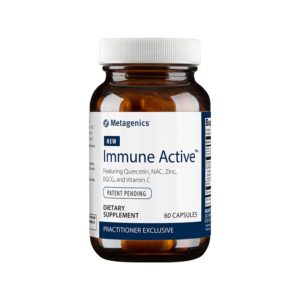 Metagenics Immune Active, P2,500 |
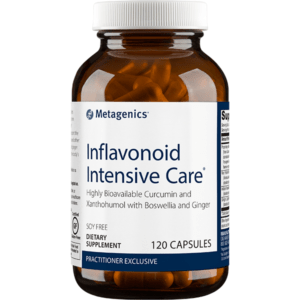 Metagenics Inflavonoid Intensive Care, P2,800 |
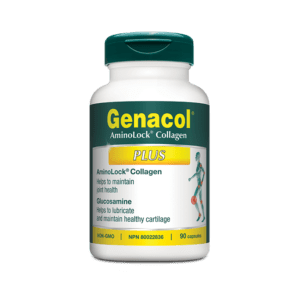 Genacol Plus, P2,400 |
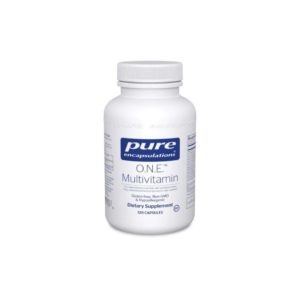 Pure Encapsulations O.N.E. Multivitamin |
